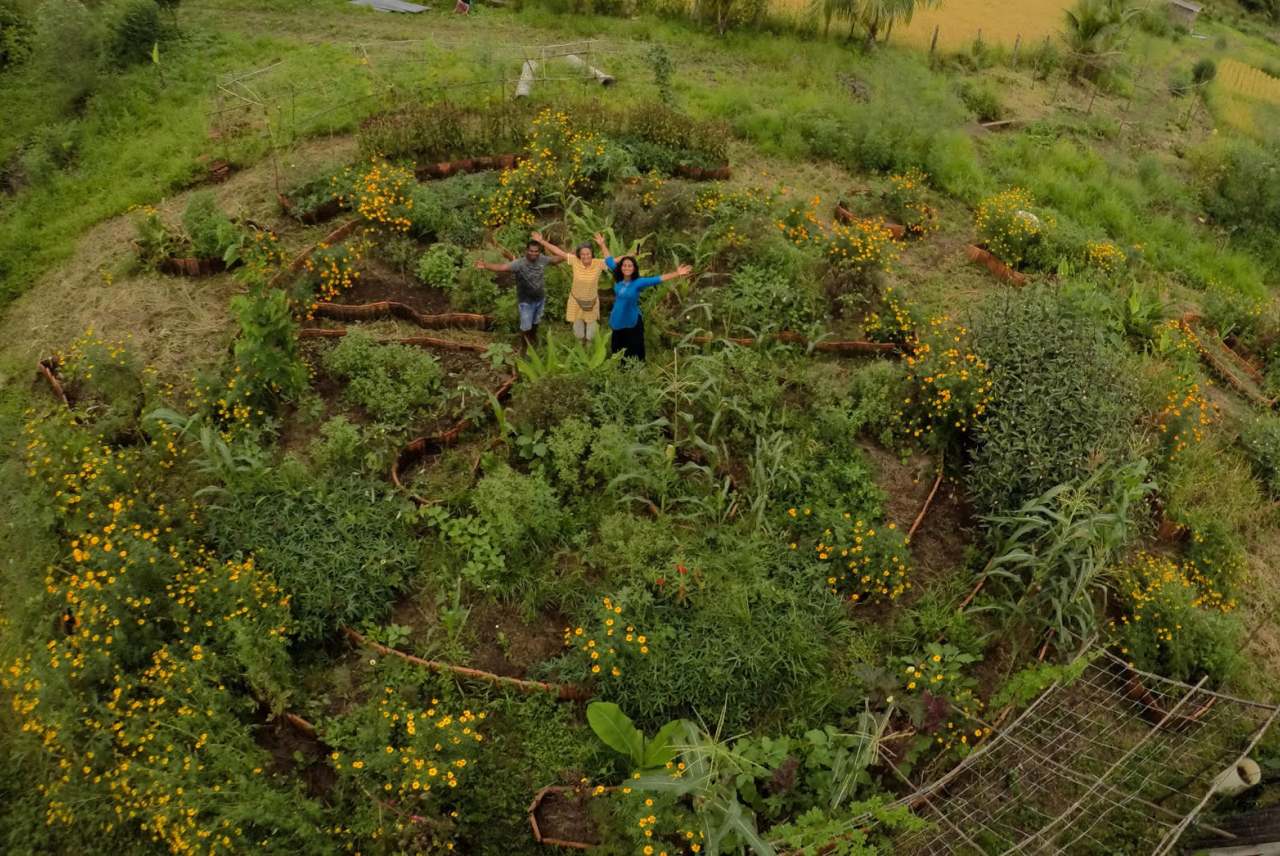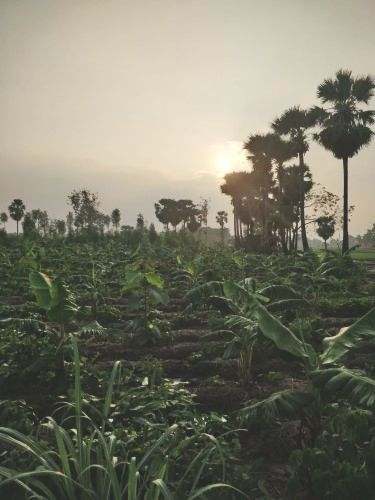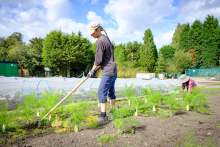The 2021 Lush Spring Prize received over 400 applications, which were shortlisted to a group of 54 in June and July this year. The 2021 shortlist can be viewed on the Spring Prize website.
The prize saw a 61% increase in reach, with inspiring applications received from 81 different countries and every continent except Antarctica.
Although the shortlist is extremely diverse and spans multiple bioregions, interesting common themes can be identified.
Areas of focus of the applications
Shortlisted projects were seen to be taking ownership of most or all of the UN’s Sustainable Development Goals (SDGs) in an integrated way, while over half of the groups were integrating ancient or indigenous wisdom in their work.
Climate change was the most common issue addressed - not just in terms of preventing it but adapting to and mitigating the effects that are already being felt by projects and their stakeholders.
The projects address multiple issues needed to support life, including ecosystem restoration, regenerative food production, building community, creating resilient housing and circular economies, whilst also supporting displaced people, protecting indigenous rights and access to land.
Projects were driven by a range of stakeholders, including grassroots campaigners, small scale agro-ecological producers, regenerative businesses, indigenous groups, academics, global solidarity networks and think tanks.
What is the Lush Spring Prize?
The Lush Spring Prize was set up to support ‘regenerative’ projects – those that go beyond sustainability by taking holistic approaches to building the health of ecology, economy and social systems.
It seeks to support those who are actively involved in restoring all the systems they are part of. By supporting regenerative projects the Spring Prize hopes to raise the profile of the movement as a whole to inspire more individuals, groups, communities, funders and businesses to start engaging with regenerative processes.
The Lush Spring Prize is a joint venture between LUSH Cosmetics and Ethical Consumer and is now in its fourth cycle, having started in 2017 and distributed more than £600,000 to date.







